Your wallet is home to several things, from cash and cards to receipts and documents. Imagine losing or getting your wallet stolen. You will lose your valuables and become susceptible to financial scams and identity thefts. There were 1.036 million reports of identity theft, which cost Americans $43 billion in 2023.
That’s why you should avoid keeping the following 11 things in your wallet unless necessary for a good reason.
Too Much Cash
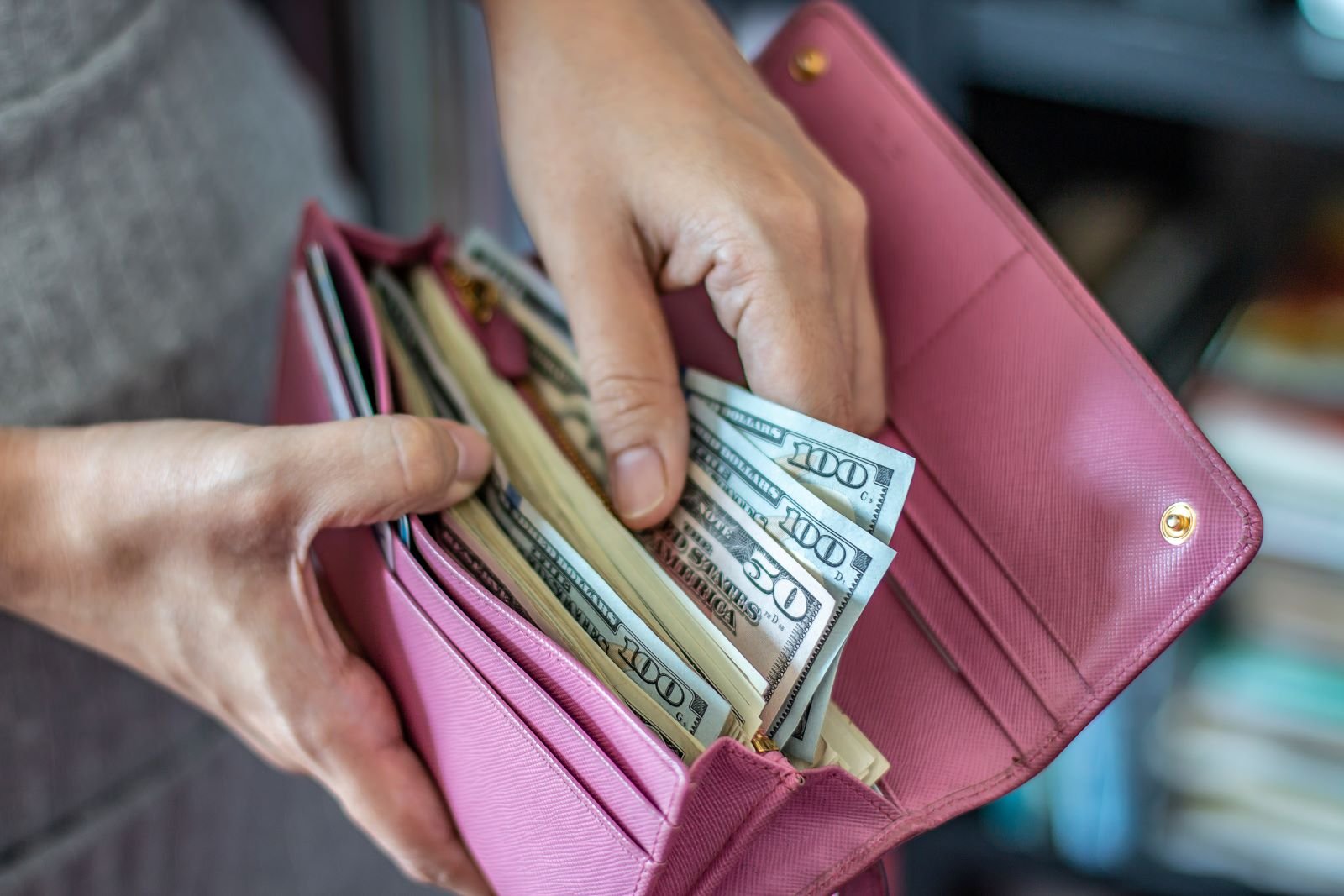
Extra cash makes your wallet bulky or at risk of slipping out of your pocket. More importantly, it makes you an easy target for pickpockets. Now, you may wonder how much cash is safe to carry daily. Experts recommend carrying at least a day’s expenses, less than $100, or $100-$300.
It is also advisable to switch to digital payments. A survey shows that 53%of Americans prefer using digital wallet apps or services over cash and card swipes for convenience and enhanced security.
Social Security Card
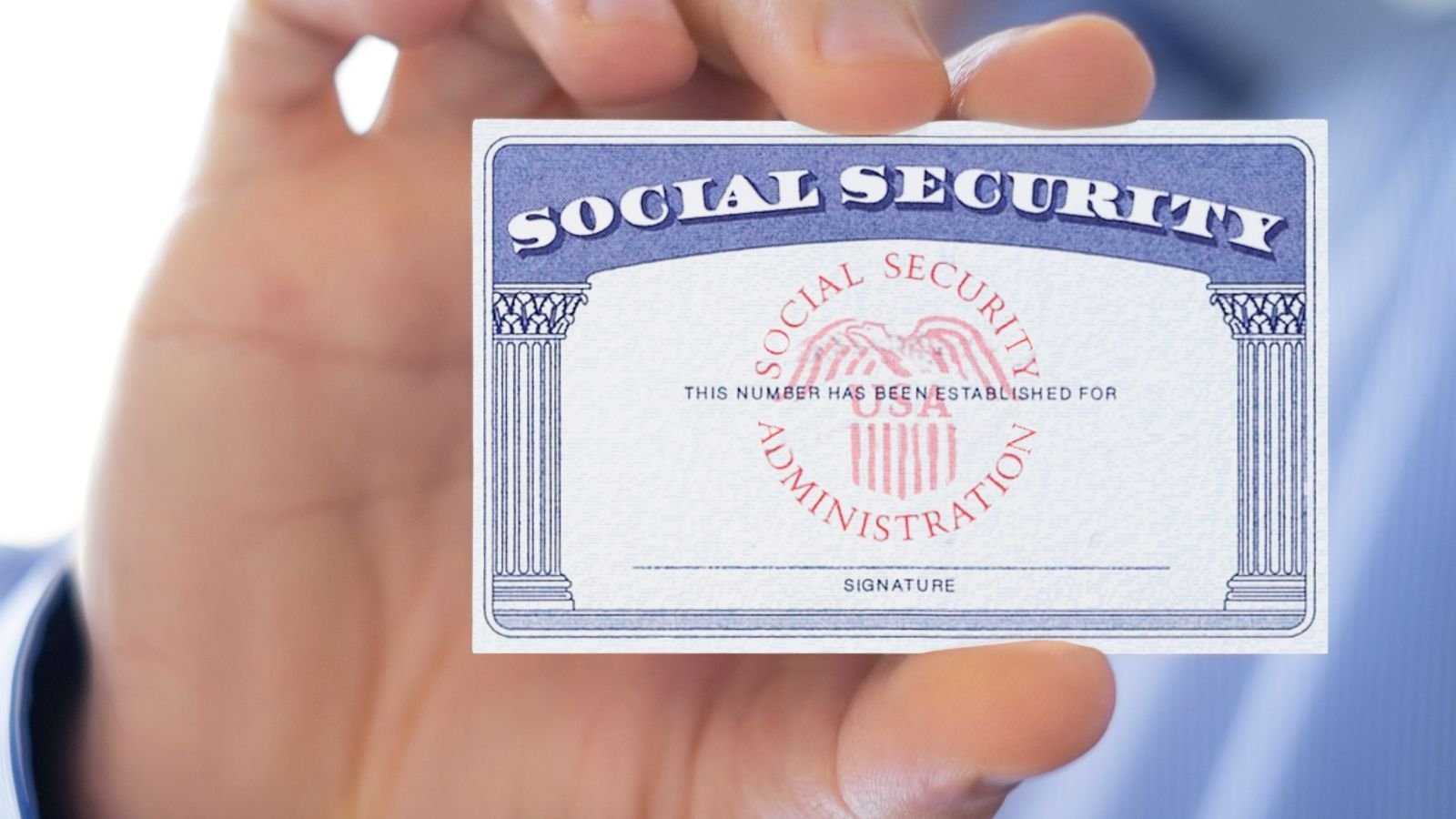
The Social Security Administration (SSA) warned Americans against social security scams earlier this year. Fraudsters can secure your social security number by misleading you on phone and email or through wallet thefts.
SSA says that identity thieves can use your social security number to apply for more credit in your name or assume your identity. It advises you to keep your social security card and other documents displaying the information in a safe place.
Multiple Debit and Credit Cards

Credit card fraud was a top concern for identity theft, with 425,977 cases reported to the Federal Trade Commission in 2023. There were 68,233 debit card fraud reports in 2022. Once the offenders get hold of your debit/credit card, they can exploit your personal information to open a new bank account, apply for a new card, or make unauthorized purchases.
Your wallet should have only one debit card and one credit card that you use the most. Keep the rest in a secure place. Maintain photocopies of all cards—they will be useful when contacting the issuer for cancellation if cards are lost or stolen.
Paper Checks
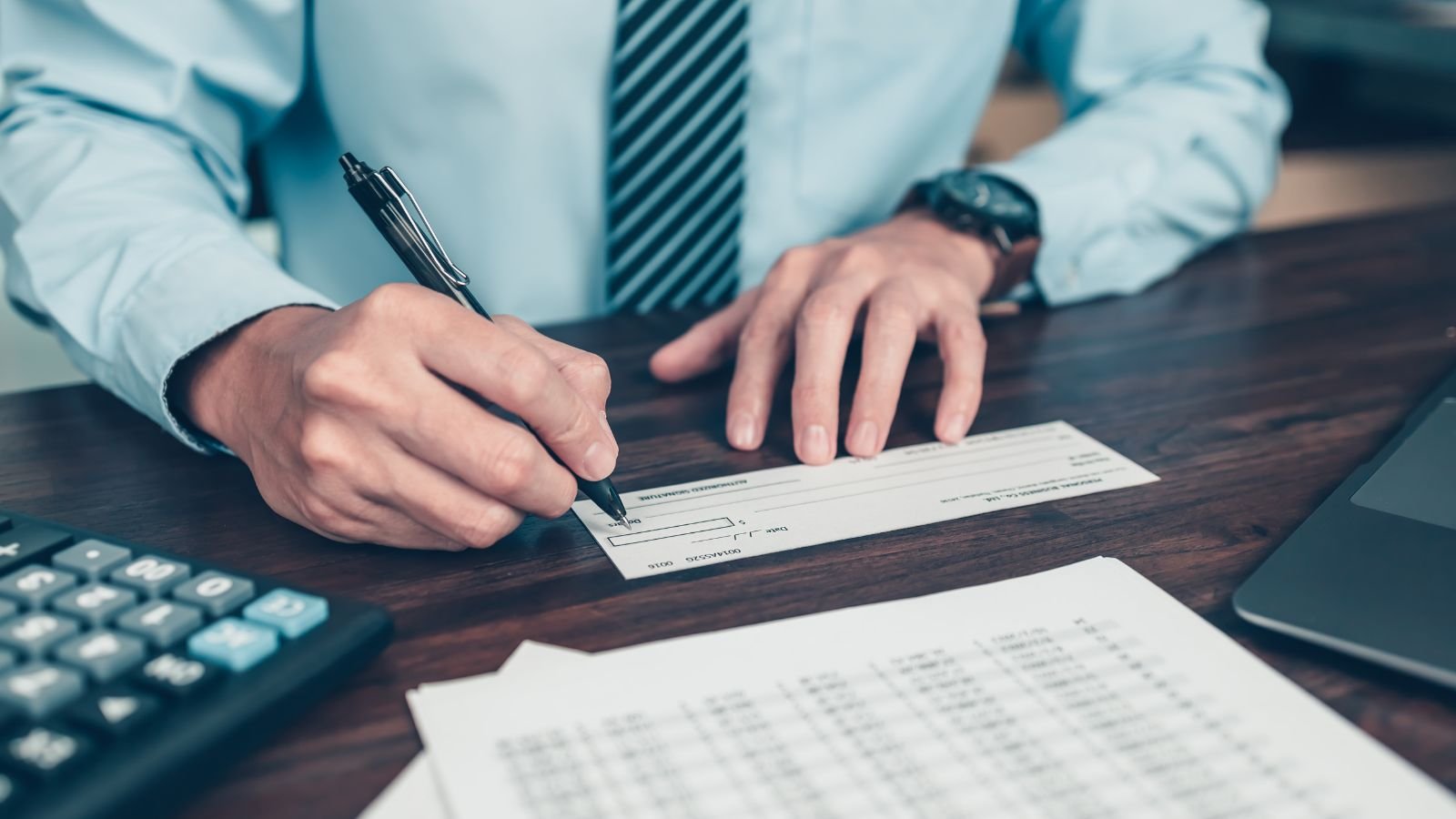
Check fraud losses amounted to more than $21 billion across the United States in 2023. Whether you are carrying a blank, handwritten, or pre-printed check in your wallet, wrongdoers can take undue advantage of your personal information and bank details. They can withdraw funds or make payments. They can chemically erase or alter the payee name and amount on a filled check.
Keep checks at your residence and use them only when needed.
Passwords
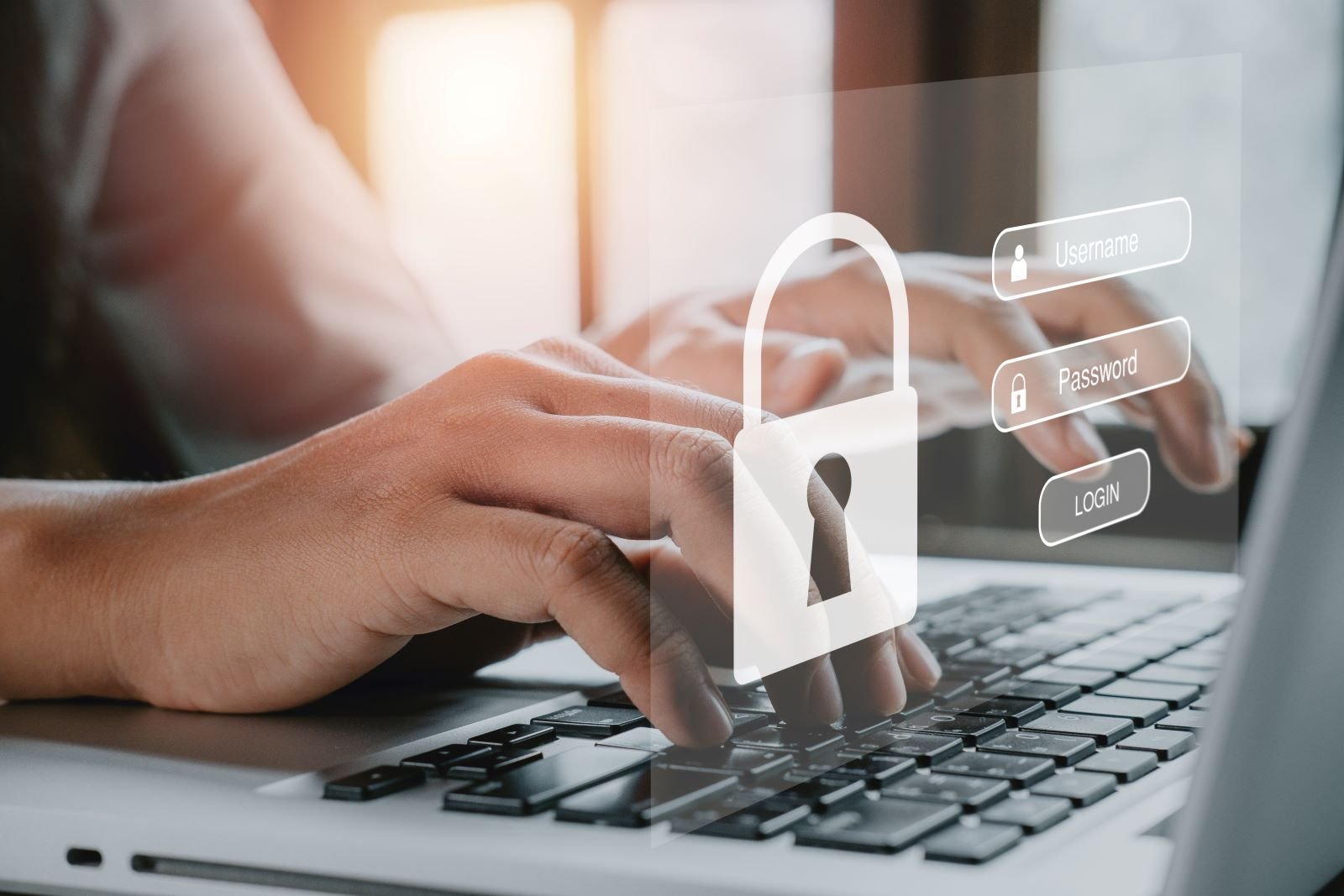
Are you one of those who write down all passwords and PIN codes on paper and store them in your wallet? 46% of Americans reported having their password hacked online in 2023. Imagine the field day criminals would easily access your passwords by stealing your wallet.
Secure your passwords by feeding them into digital password manager apps.
Keys
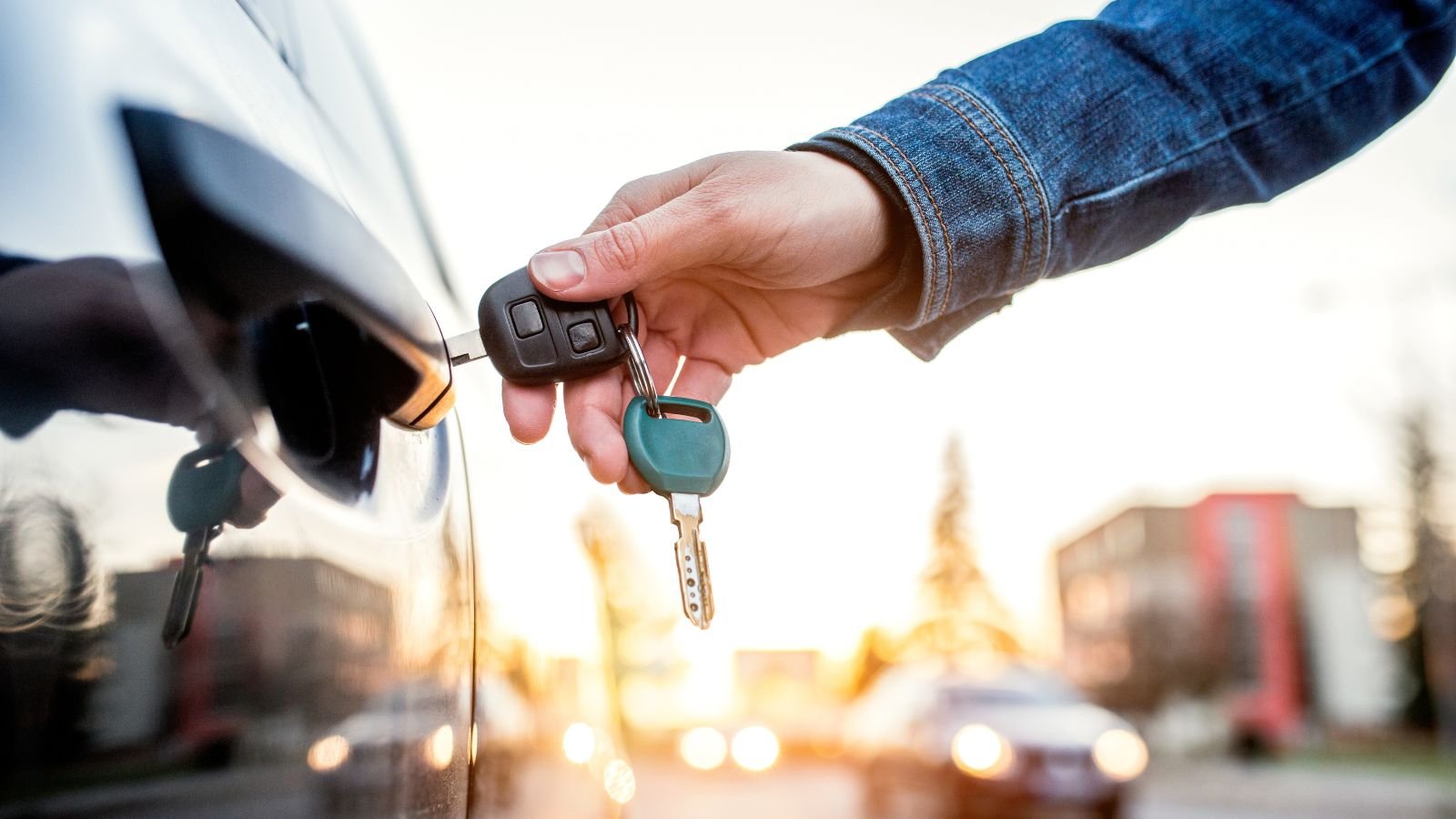
Keeping the key to your house or car in your wallet is a big mistake. It can fall out of your wallet, leaving you stranded. Thieves can find your address on your driver’s license or other identification cards and use the key for robbery.
Organize all your keys in a keychain holder or lanyard. You can keep them in your jacket/trouser pocket or a handbag.
Unused Gift and Membership Cards

Unused gift and membership cards in your wallet are a huge temptation for burglars. Such cards are usually not personalized and do not display the owners’ names. Hence, they are as good as cash and can be redeemed by anyone in their possession.
Carry these cards only if you need to use them that day. Keep them at home or in the car.
Passport Book or Passport Card

Many wallets have separate slots for passport books and passport/debit/credit cards. Crooks can steal the passport information to create forgeries if your wallet goes missing. They can also sell your passport data to create phony passports or commit financial fraud and criminal activities.
The U.S. Department of State advises reporting stolen or lost passports immediately to prevent identity theft.
Birth Certificate

Your birth certificate is another sensitive document that poses the danger of identity theft. Criminals can use it to apply for a driver’s license and passport, access your bank and financial accounts, collect government benefits, or do other illegal activities.
Take your birth certificate out of a safe place only for necessary government, financial, or legal work. Please don’t leave it in your wallet.
Employment ID Card

You should wear your work ID card as an armband holder on a lanyard or attach it to clothing. Keeping it in your wallet is risky. When you pull the card from your wallet to swipe it at the office, other contents can spill or get misplaced.
If your wallet is stolen, criminals can use your ID card to access your workplace building, personal and professional information, or confidential documents.
Medicare and Medicaid Cards

American taxpayers are losing more than $100 billion every year to Medicare and Medicaid frauds. If your healthcare card falls into the hands of scammers, they can do a series of damages, including identity theft. They can access medical care and get prescriptions and insurance claims. They can charge the card for healthcare services or equipment you never availed. They can also impersonate as a medical professional and bill you fraudulently.
No place other than your home or a safety vault is safer to guard your healthcare card.
